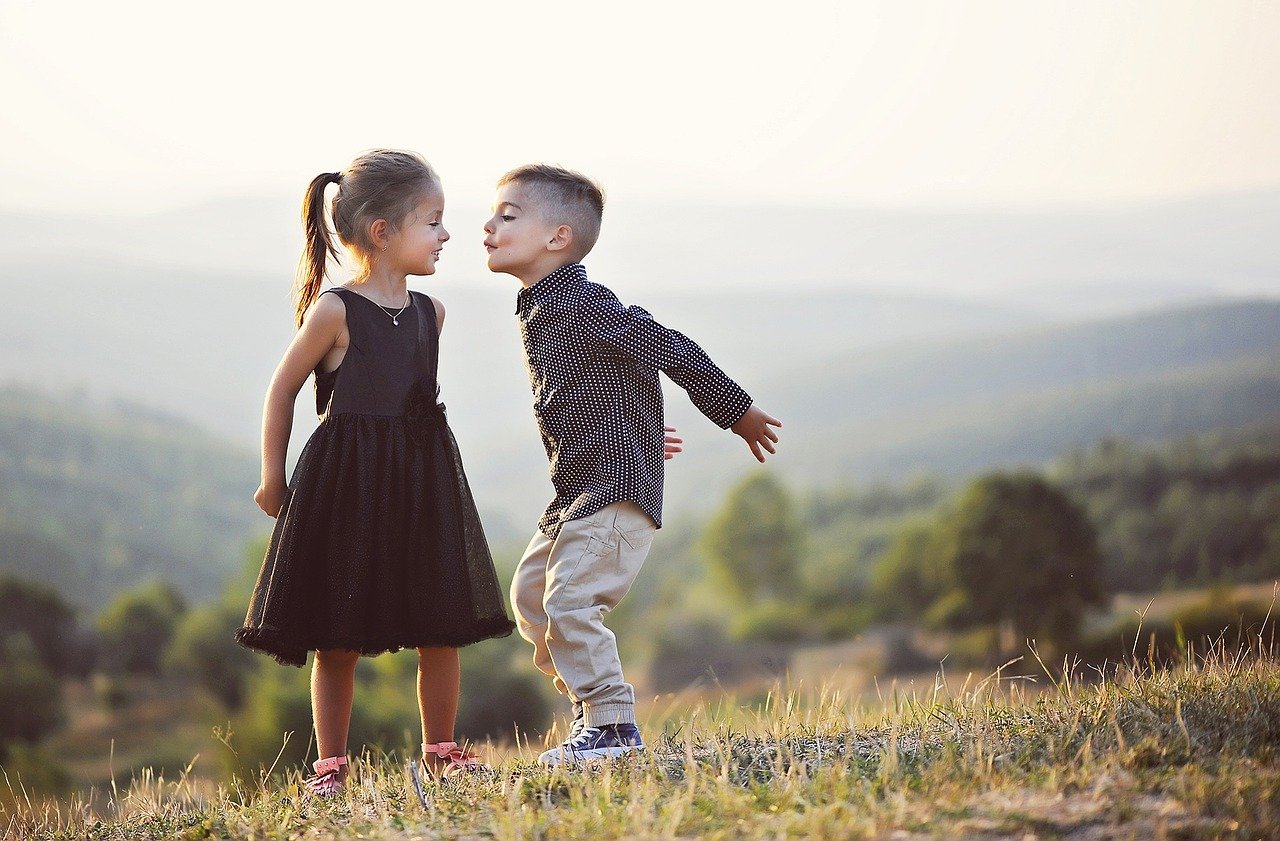During adolescence and adulthood, you go through a large number of changes, such as jobs, hobbies and relationships. But does this change your personality, and who you are?
Personality is described as a person’s pattern of thoughts, feelings and behaviours. It is often assumed that a person’s personality is fixed. But not according to psychologists.
“Personality is a developmental phenomenon. It’s not just a static thing that you’re stuck with and can’t get over” said a psychologist at the University of Illinois, Brent Roberts.
This isn’t to say that every morning you wake up as a different person. Short term changes are almost so slight that you can’t notice them.
In longitudinal studies, where psychologists study a participant’s personalities regularly over a large number of years, proves that our personality is more cohesive in shorter periods of time.
In a study back in the year 2000 which was published by Psychological Bulletin, researchers analyzed 152 longitudinal studies of personality, which had a large range of ages from children to seventy.
This study focused on the “Big Five” personality traits; extroversion, agreeableness, conscientiousness, openness to experience and neuroticism.
These are all a staple in personality research. This study found that most participants’ personality traits stayed at a similar level within each decade of life.

This pattern begins at the age of 3 or sometimes earlier.
In order to study children, they need to be tested differently to adults. Rather than a traditional survey, researchers look for “temperament”, which is the intensity of a reaction to the world.
These temperaments, such as whether they are calm and relaxed or prone to regular temper tantrums, correspond to adult personality traits.
Although a shy 3-year-old may act differently to a shy 25-year-old, the underlying core is still there.
Earlier temperaments also affect later life experiences. One study in 1995 by Child Development suggested that children who grew up shy and withdrawn were often less happy as teenagers.
But throughout all years you are alive, your personality is changing, slowly but surely. It is subtle, and you may not notice it, but after five to ten years it begins to show and is quite noticeable.
Psychologists studies over 400,000 high school students in 1960, which was close to 5% of all high school students in the United States at the time.
The students were quizzed on their emotional reactions to situations and how efficient they were in terms of work and study. And fifty years later, researchers found almost 2,000 of these students and gave them the exact same survey.
These results showed that in their 60s, participants were scoring much higher on questions about calmness, self-confidence, social sensitivity and leadership.

These longitudinal studies have come to similar conclusions almost every time.
Suggesting that personalities often get “better” as time goes on. Psychologists often refer to it as “the maturity principle”. As people grow older, they become more extraverted, agreeable, emotionally stable and conscientious.
The degree of change varies from person to person, and some might have less of a change than others, but overall this rule applies to just about everyone.
This makes personality even more difficult to notice in ourselves – because quite often your personality changes with your peers around you, which makes your personality seem the same.
There is a lot of evidence which proves that the average self-control of someone in their 30s is higher than someone in their 20s, but on the other hand, someone who is relatively self-controlled in their 20s will usually be relatively self-controlled when into their 30s.
So, why do our personalities change so much?
Believe it or not, evidence suggests that is not due to dramatic life events like marriage, childbirth or death of someone close. Some psychologists suggest that these dramatic events actually reinforce your current personality.
Instead, as our current expectations change, such as going through school, starting university, beginning to work, and starting a family, our personality slowly changes to adapt to our situation.
Throughout different stages of your life, you are expected to do things a little bit differently, and these little changes slowly begin to change who you are. So as you get older, and your life around you changes, your personality changes with you.



































